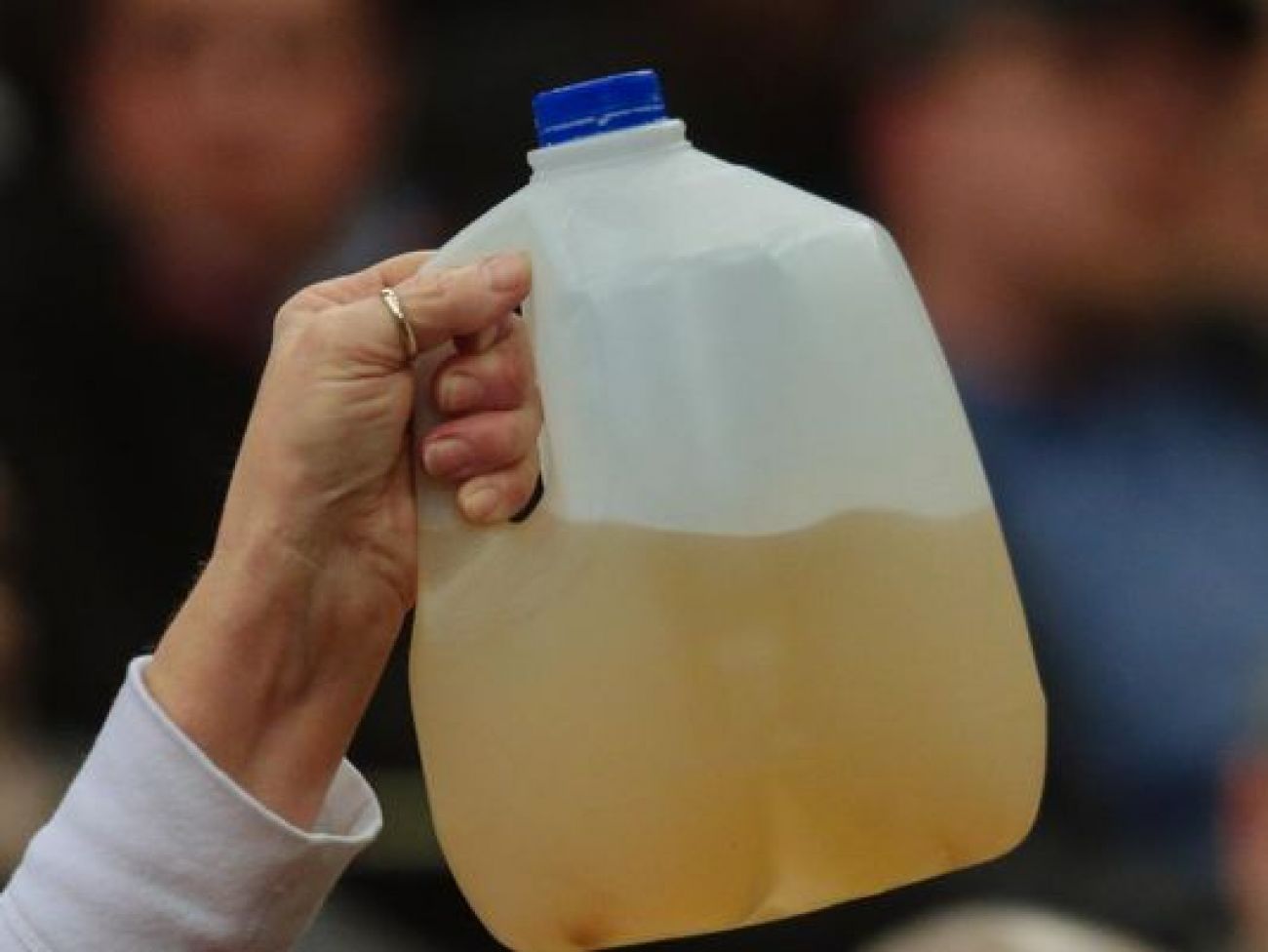
For this final project, you will:

We are producing and using a record amount of single-use plastic waste. Plastics take anywhere from 20 to 500 years to decompose. According to the United Nations, only about 9 percent of plastic in the world is recycled. It has been estimated that humans have produced about 8.3 billion metric tons of plastic since World War II, and a 2014 study estimated that there were 244,000 metric tons of plastic floating in the ocean. There is now a “Great Pacific Garbage Patch” collection of marine debris in the North Pacific Ocean, spanning from America’s west coast to Japan, that is a trash vortex twice the size of Texas. It is the largest accumulation of trash in the world, and the Great Pacific Garbage Patch is having a massive impact on both marine life and humans.

The ocean is always moving and changing but over the last century, the average height of the sea has risen quite dramatically—and at an increasingly faster pace. The sea level is now 5 to 8 inches higher on average than it was in 1900. Sea level rise is already affecting the lives of humans and animals around the world and these effects are especially obvious in island nations like the Maldives. The Maldives, an archipelago in the Indian Ocean with a population of approximately 427,756 people, is the lowest country on Earth. Faced with increased flooding and coastline erosion, the Maldives has explored and begun a variety of initiatives to attempt to guarantee survival for their nation.

In 2012, the city of Flint, Michigan changed its water supplier and it was announced that a new pipeline was going to be built to bring water from Lake Huron to Flint. Until the new pipeline was complete, the city officials decided to use the Flint River as its water supply and in April 2014, they made the switch to the river. Within a few months of the switch, bacteria of various kinds were detected in water supplies multiple times. In 2015, there were reports of children developing rashes and other symptoms and the EPA found dangerous levels of lead in water at a residence in Flint. In December 2015, the city declared a state of emergency. Residents of Flint have continued to fight for access to clean water, permanent solutions to the various causes of the water supply contamination, help dealing with the consequences of their exposures to contaminated water, and justice for the groups or individuals responsible.

Includes a wide range of sources in a variety of media types covering scientific topics both historical and current.

A comprehensive overview of a broad range of scientific disciplines.

A modern and efficient research experience designed specifically for middle school students.